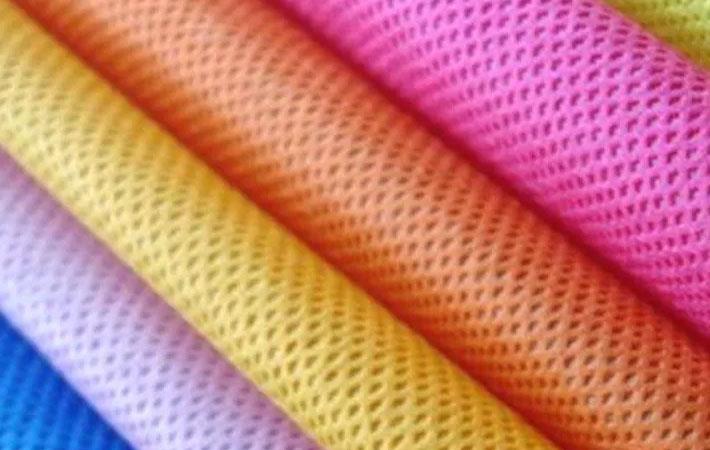South Korea recently allowed non-woven fabric, a key material used in filter masks, to be exported as the supply in the country has stabilised. The ministry of trade, industry and energy, however, capped exports at 15 per cent of February production levels. It will also be temporary, with the lifting of the ban to end on January 5 next year.
The government will allow both the export of melt-blown fabric and spun-bond fabric, also known as spun-bond melt-blown spun-bond (SMS).South Korea recently allowed non-woven fabric, a key material used in filter masks, to be exported as the supply in the country has stabilised. The ministry of trade, industry and energy, however, capped exports at 15 per cent of February production levels. It will also be temporary, with the lifting of the ban to end on January 5 next year.#
The details on the amount that can be exported will be decided in coordination with the ministry of food and drug safety depending on domestic supply, price and inventories, according to a report in a South Korean newspaper.
Retail firms will not be permitted to export the material. This is to prevent a massive outflow of essential materials.
The government banned masks exports on March 5 after hoarding was discovered, imports from China dropped and manufacturers struggled to meet the growing demand.
A rationing system was adopted, whereby people were limited to buying two masks a week through approved sales channels. That system was abandoned last month as the number of new infections started to drop.
Fibre2Fashion News Desk (DS)


